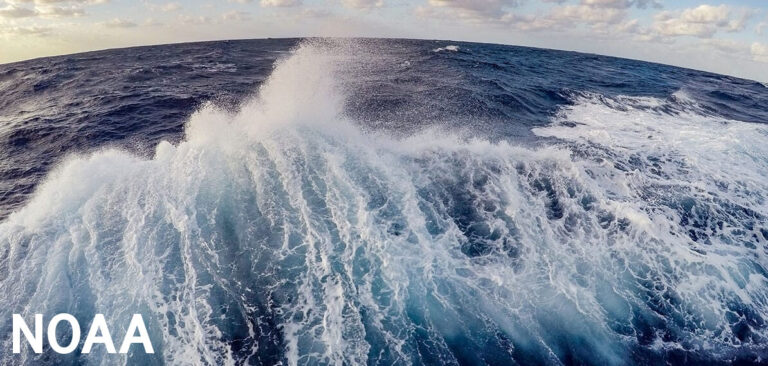The US National Oceanic and Atmospheric Administration (NOAA) has signed a new Cooperative Research and Development Agreement (CRADA) to harness Microsoft’s cloud computing tools in key climate adaption areas.
Under the CRADA, NOAA scientists and engineers will work with Microsoft to perform collaborative research and development to advance the following five goals over the next year:
- Help NOAA’s Earth Prediction Innovation Center (EPIC) implement pilot projects to effectively enable earth system modeling and research using Microsoft Azure, a public cloud computing platform. This project will support the EPIC goal of accelerating innovative contributions from across the weather enterprise, which includes government, academia and private industry.
- Harness the power of machine learning to improve NOAA’s climate models and forecast models for air quality, wildfire smoke and particulate pollution.
- Integrate Microsoft computing tools to accelerate data collection, processing, storage and dissemination of NOAA Fisheries’ survey and observation data to advance sustainable fisheries management.
- Create a new searchable catalog of ocean observations, which includes case studies of how they are used to support public policy, safety, economic growth and environmental protection and increase climate resilience in developed and developing nations.
- Envision and design a resilient and accessible weather modeling and forecasting system that will enable data collection, access and processing across the NOAA enterprise, as well as incorporate data from external sources.
Dr Rick Spinrad, NOAA administrator, said, “We are excited about the potential of partnering NOAA’s environmental intelligence with Microsoft’s cloud computing in hopes of amplifying NOAA’s ability to predict climate, weather and ocean changes.”
Rick Wagner, president, Microsoft Federal, said, “We are honored to collaborate with NOAA to bring the power of cloud computing to help our nation’s leading scientists solve some of the important challenges facing the world. Microsoft Azure Artificial Intelligence and high-performance computing capabilities can help NOAA accelerate critical research and foster innovative approaches to mitigate the risk of climate change.”



